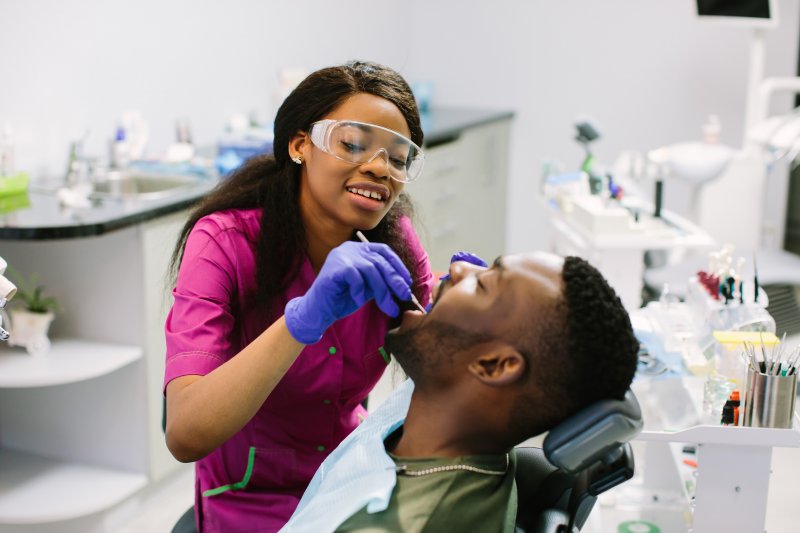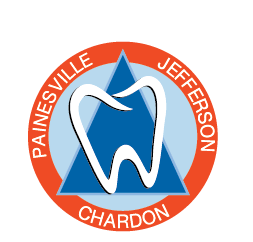
Though it is recommended that patients make an appointment every six months for a dental checkup and cleaning, less than 65% of patients visited the dentist in 2019 according to the Centers for Disease Control and Prevention (CDC). If it’s been a while since your last dental visit, you may be wondering “Do teeth cleanings hurt?” Read on as we go over what you can expect during cleanings at your regular dental visits and what you can do to ensure you’re as comfortable as possible.
Do Teeth Cleanings Hurt?
During your cleaning, special tools will be used to scrape away plaque and tartar buildup. Then, a gritty material will be used to polish your teeth and make them sparkle. For most patients, teeth cleanings are not painful at all. Even so, but there are some complicating factors that may cause you to feel some discomfort, including cavities, gum disease, naturally sensitive teeth. If you are in pain during your dental cleaning, make sure to tell your hygienist or dentist so they can take the necessary steps to make your experience more comfortable.
How to Reduce Discomfort During Teeth Cleanings
Even if you have sensitive teeth, you can still have a pleasant dental experience. Some of the things that can help with this include:
- Numbing -If you experience any irritation when having your teeth cleaned, ask your dentist if they have a topical anesthetic they can use to numb the area. This will keep you from experiencing discomfort and make the cleaning a more comfortable experience overall.
- Pain relievers -Ask your dentist if it’s okay for you to take ibuprofen, aspirin, or another over-the-counter pain reliever before your appointment. They help reduce inflammation and can also prevent discomfort during dental cleanings.
- Oral hygiene – Brush and floss your teeth after meals to keep them as clean as possible. The better you are at maintaining good oral hygiene, the easier things will be for you during your dental cleanings.
- Sensitivity toothpaste – If you have sensitive teeth, consider talking to your dentist about using desensitizing toothpaste to reduce discomfort. Keep in mind that it will likely take a few weeks before you’re able to notice a difference.
- Brush gently – If you brush your teeth too hard, this can damage your enamel and make your teeth more sensitive and prone to cavities. Use a toothbrush with soft bristles to clean your teeth in gentle, circular motions.
- Electric toothbrush –Since electric toothbrushes do most of the work for you, they can help you brush more gently and avoid damaging your tooth enamel.
When you visit your dentist for your biannual dental checkup and cleaning, it shouldn’t be painful at all. Always let your dentist know if you’re experiencing any tooth sensitivity, and use the steps listed above to ensure your attempts at maintaining a healthy smile are as comfortable and effective as possible.
About the Author
Hilltop Family Dental takes pride in addressing the entire family’s oral health needs under one roof. Their friendly, accommodating, and compassionate team goes out of their way to ensure your care is comfortable and effective while remaining affordable. If it’s been a while since you’ve had your teeth professionally cleaned, they will walk you through the process and do what they can to make it a pain-free, pleasant experience. Call their office at (440) 285-8211 or visit their website for more information on how to prevent irritation during your next dental checkup and cleaning in Chardon.
